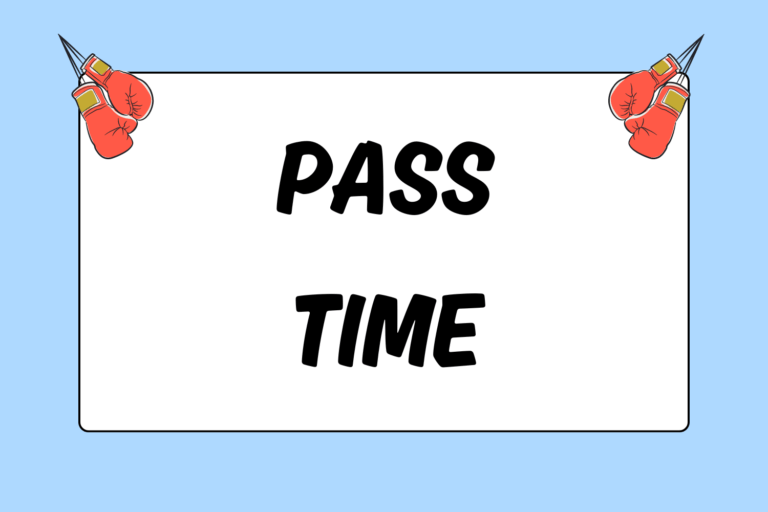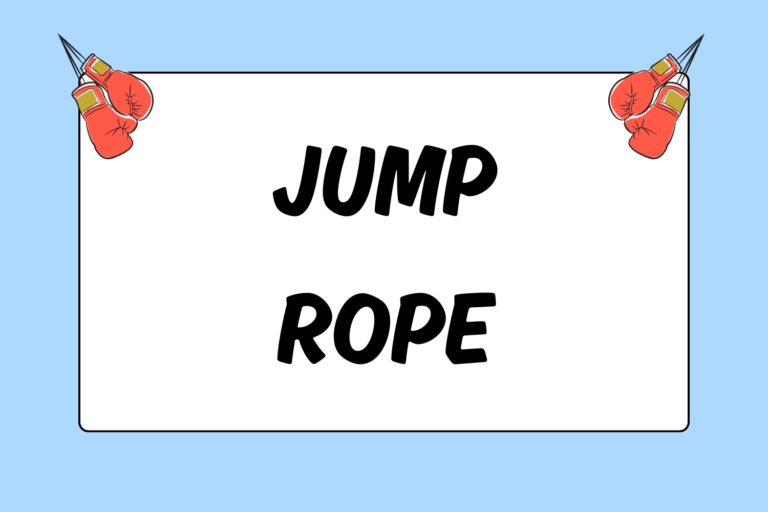Successful boxers live active and healthy lifestyles that support the physical and mental demands of their sport. Boxers must combine roadwork, strength training, and skill exercises with a healthy diet in order to optimize their performance in the ring. This guide identifies healthy diet tips for boxers, and helps you implement these suggestions into a well-rounded diet plan.
The Truth about Nutrients
Carbohydrates, fats, and proteins are organic nutrients that provide you with energy and regulate your body’s overall functioning. The following sections review these three groups in relation to a healthy diet.
Carbohydrates
Many recent and popular crash diets focus on eliminating carbs. Athletes, however, rely on carbohydrates as an essential fuel source in a well-balanced diet. Carbs are stored in your muscles as glycogen, which is used during physical activity. It is essential to replace glycogen in order to remain energized. Not all carbohydrates are the same, though, and you should be aware of the two main types: Simple and complex.
Simple Carbs
Simple carbs are made up of one or two sugars, have a basic chemical structure, and provide the best form of short-term energy. In most cases, the sugars in simple carbs are artificially added to food and provide little nutritional benefit. Sodas and candy, for example, have simple carbs. There are exceptions, though. Healthier foods, such as fruit, contain natural simple carbs. Consuming a piece of fruit prior to a workout helps your short-term energy level. Eating too many simple carbs, however, leads to fat production, because your body cannot metabolize the excess sugar.
Complex Carbs
Complex carbs, often referred to as starches, provide long-term energy. Your body takes longer to break down and digest these carbs since they are structurally more complex. Complex carbs enter your blood stream gradually, thus providing you with a steadier flow of energy. Consuming complex carbs early in the day provides you with constant energy while also avoiding excessive fat buildup. Some examples of complex carbs include oatmeal, rice, and pasta.
The Benefits of Natural
Don’t look at carbs solely in terms of simple or complex — take into account the naturalness of the food as well. Whole grain products are much healthier for you than other forms of carbs. For example, whole wheat pasta should replace white pasta in a healthy diet, because whole-grained products are generally less processed and contain more vitamins, minerals, and fiber. Do your best to avoid sugary, processed foods, and stick to a balanced diet that includes more natural selections.
Fats
It may surprise you that some foods containing fat are much healthier than those described as “fat-free.” The pros and cons of fat have been largely misconstrued in the eyes of the public. Fat is a necessary ingredient for a healthy diet, especially for boxers.
There are different types of fats contained in food, though. Some fats are unhealthy, while others have important and necessary benefits. Unhealthy foods often contain high amounts of saturated and trans fats, both of which are listed on the label. These types of fats should be avoided altogether.
Healthier foods — such as nuts, seeds, fish, and olive oil — contain monounsaturated and polyunsaturated fats. These types of fats have been shown to reduce cholesterol, provide the body with Vitamin E, and assist in maintaining and developing cells throughout the body. In addition, these fats are a major energy source for your body. It takes several hours for your body to break down fat, but once fat is transported to your muscles, it provides long lasting energy necessary for boxing.
Proteins
Proteins are important for nearly every part of your body, helping your bones, muscles, cartilage, skin, and blood. In addition, proteins repair your muscles and tissues after working out. Your muscle fibers break down as you work out, and protein restores these torn fibers — making you stronger as a result.
Your body burns proteins slower than carbohydrates, so proteins also act as a source of gradual energy. Healthy forms of protein include lean poultry and beef, fish, and most types of beans.
General Tips for Success
There’s no “magic diet” that unswervingly works for every type of boxer. Some simple rules, however, can be followed in order to sustain energy levels and maintain a lean physique.
Six Meals per Day
Many people associate a lean physique with eating less food, but this is not always the case. By choosing healthier foods and spreading them out into five or six meals per day, you can reap the benefits of increased metabolism, consistent energy, and muscle development.
- Increased Metabolism: Your body burns calories throughout the day as it uses up energy. Eating smaller, more frequent meals throughout the day speeds up this process and allows you to burn more calories.
- Consistent Energy: You will maintain a balanced, consistent blood sugar level by eating frequently. A balanced blood sugar level enables you to stay alert without unnecessary highs and lows.
- Muscle Development: Frequent meals regulate insulin levels in your body, allowing for a steady inflow of amino acids to the muscle cells.
The best advice is to plan meals based on activity! In other words, keep all meals relatively small, but eat slightly more food a few hours prior to a workout. Also, try to eat most of your carbohydrates earlier in the day to prevent fat storage. Lastly, avoid eating late at night since your body burns a low amount of calories as you sleep.
Hot Tip: Eat Slowly
Take your time as you eat. It can take your body 15-20 minutes to send a signal from your stomach to your brain that you are full. By eating slowly, you will prevent yourself from eating more than you actually need.
The Importance of H2O
The average person drinks soda either casually or routinely — an unfortunate statistic. Soda contains huge amounts of simple carbs that are difficult to breakdown due to their overwhelming quantity. Most sodas are packed with an abundance of sugar, and diet sodas are filled with unhealthy replacements for sugar. Limiting your soda intake can have significant benefits for your health.
Replace other beverages with water. Water makes up about 2/3 of your bodyweight, and plays an important part in nearly every bodily function, including:
- Flushing out toxins
- Increasing metabolism
- Lubricating joints and muscles
- Regulating body temperature
- Eliminating aches and pains caused by dehydration
Do your best to drink water throughout the day. Experts disagree on exactly how much water to drink, but an active individual should generally drink between 8 to 10 cups every day.
Be Aware, Not Overwhelmed
This guide offers some useful tips concerning nutrients and your diet, but do not be overwhelmed by all the information. Rather, take these facts into consideration as you make dieting decisions. Lastly, if you are planning on cutting weight for an upcoming bout, do it over time. Rapid weight loss often results in dehydration and other adverse effects.





